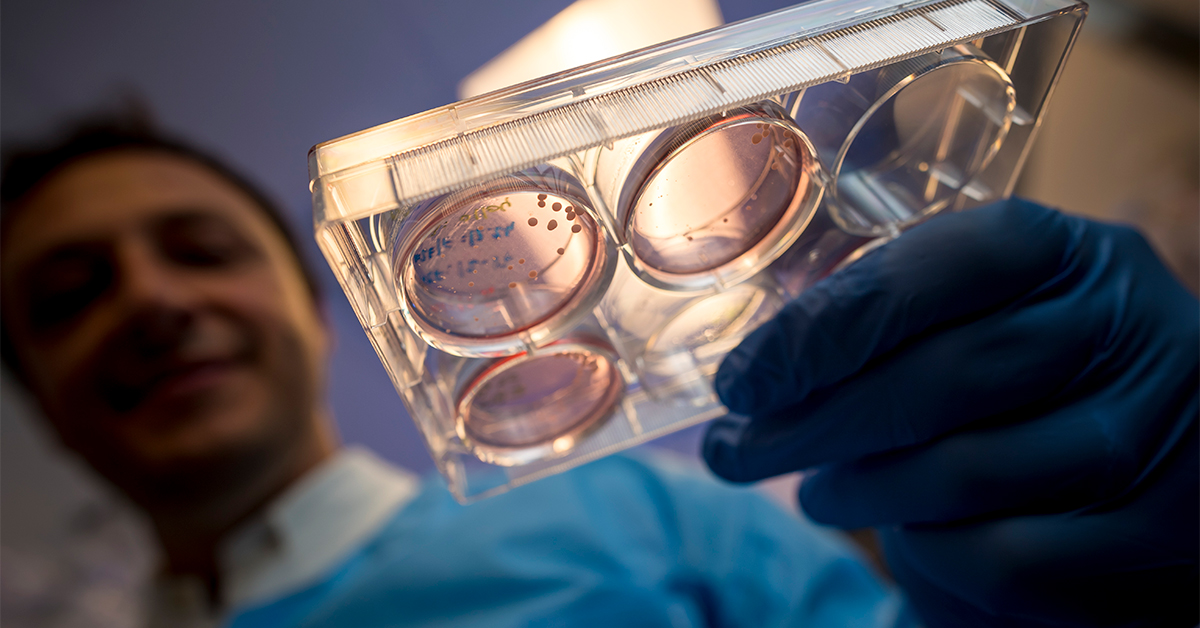
Brain organoids are sometimes called “mini-brains.” They aren’t really brains, of course, but rather three-dimensional collections of neurons and support cells capable of mimicking aspects of brain functions.
Even so, they can be extraordinarily revelatory. Alysson R. Muotri, PhD, is a professor in departments of Pediatrics and Cellular and Molecular at UC San Diego School of Medicine. He works a lot with brain organoids. In his most recent published research, Muotri and colleagues show how the SARS-CoV-2 virus that causes COVID-19 infects cortical neurons and specifically destroys their synapses — the connections between brain cells that allow them to communicate with each other.
They also report that the antiviral drug sofosbuvir, already an approved treatment for hepatitis C, effectively inhibited SARS-CoV-2 replication and reversed neuronal alterations in infected brain organoids.
“This work helps explain some of the neurological symptoms of COVID-19,” said Muotri, “and more importantly, it suggests that an FDA-approved antiviral drug might be repurposed to restore infected brain cells to health and address long-term neurological outcomes of COVID-19.”
— Scott LaFee